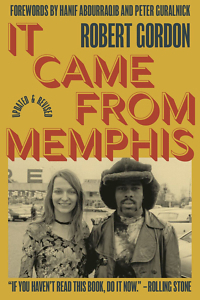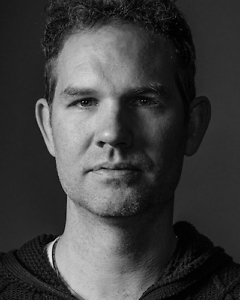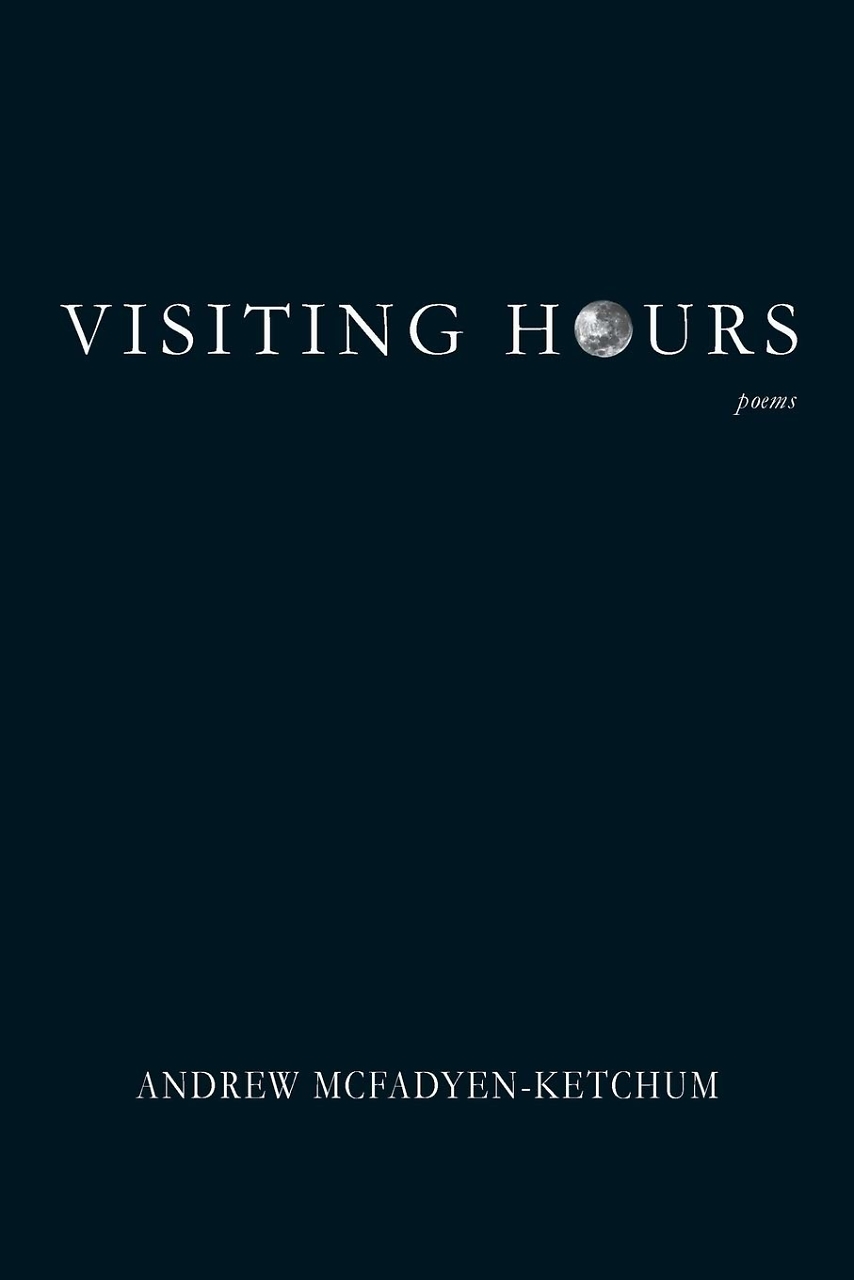Memphis Calling
Robert Gordon revisits his rollicking tale of a revolutionary musical city
The title told it all, like some sci-fi B movie of your teenage dreams, with electric guitars for ray guns and aliens who answered to names like Dewey, Furry, and Sputnik: It Came From Memphis.

Well, of course it did. Blues, rock and roll, soul. Music that shook the world. But Robert Gordon’s book, originally published in 1995 and back in an updated version from Third Man Books in Nashville, isn’t about Memphis’ biggest stars and greatest hits. It’s about the wild spirit of the place, the profound weirdness. It’s about racial and cultural collisions.
“Though no city has had more of a lasting impact on modern culture, Memphis has never been a company town,” Gordon writes. “The forces have all been independent, renegade.”
So we meet disc jockey Dewey Phillips, with a “voice from outer space,” thrilling young fans who “learned not to distinguish between races or genres,” and chilling their parents, who “heard something different and knew it meant change.”
Dewey, who “reigned supreme” and “supremely insane” for a decade starting in 1949, was the first deejay to play Elvis, but this isn’t really a book about that. It’s about Furry Lewis, the bluesman who would give you wisdom for whiskey (“His brand was Ten High.”); Sputnik Monroe, a white wrestler in the late 1950s and early ’60s American South who used his popularity to force promoters to integrate his matches; and Mud Boy and the Neutrons, “four white guys that fused the washboard, the electric guitar and field hollers; where the [Rolling] Stones had come up emulating blues records, Mud Boy emulated bluesmen.” But not, mind you, to cash in. Listen to their records, if you can find one. Cultural appropriation, it’s not. More like “Anarchy in the Mid-South.”
If it seems a lot to take in, know there’s a lot more, up to and including puppetry. It all makes sense, Memphis sense, in Gordon’s hands.
He answered questions from Chapter 16 by email:
 Chapter 16: The back-cover blurb on my original edition began, “This is a book where Gus Cannon is more important than Elvis …”—not exactly a marketer’s dream of a sales pitch. Yet the book is beloved, revered, and now reissued. What were your expectations back then and now?
Chapter 16: The back-cover blurb on my original edition began, “This is a book where Gus Cannon is more important than Elvis …”—not exactly a marketer’s dream of a sales pitch. Yet the book is beloved, revered, and now reissued. What were your expectations back then and now?
Robert Gordon: I was so pleased to have a book deal, my first, a dream come true, that my expectations were met when the contract arrived. Thereafter, it was all gravy. My parents couldn’t really fathom who the audience would be. I just figured that, like me, others were interested in obscure but important and influential artists from Memphis. And would like a book of rollicking tales.
Here’s the cool thing — I never really understood the book until I was prepping it for this publication. It was always just an expression of the world I knew and the world I missed that preceded the world I knew. But having the distance of a couple decades, I felt the book’s liberating qualities, the excitement of understanding the redefinition of success. Memphis isn’t about having the hit that sounds like everyone out there; it’s about sounding like no one out there. And that means taking chances. Taking chances makes the pursuit more interesting. And exciting. So I think the freedom that the book imbues has kept it around all this time, and my present hopes — not sure about expectations — are that it reaches a new audience, inspires new great art, and makes new fans for Furry Lewis, Jim Dickinson, Big Star, the Panther Burns, and disc jockey Dewey Phillips. Not to mention cowboy matinee star Lash LaRue and wrestler Sputnik Monroe.
Chapter 16: How did you approach this new version, and how much has the book’s lead character — Memphis — changed since 1995?
Gordon: It’s been in print for basically 25 years, so I knew there was something very right about the book. I was careful to maintain the original footprint and allow in a little more light here and there.
After the book first came out, many people — many, many people — told me they should have been in the book. But one letter I received — USPS — really hung with me. Linda Crosthwait Raiteri wrote to say she was the wife in the book’s husband-wife puppeteer team — her husband is a major figure in the book, and she was diligent alongside her second husband, also included, as they researched Dewey Phillips, the Ernie Kovacs of disc jockeys. But Linda was overlooked. She cited Marion Keisker, who was Sam Phillips’ assistant — the one who first noted Elvis’ talent, and she cited Abigail Adams, and with her letter, I realized I’d overlooked some female perspectives. The book already had several strong women in it, lead voices, but for this edition I interviewed nearly a dozen other women from different parts of the scene and feathered in their interviews. I added a few other voices as well, wrote a new intro, a new last chapter, and a new vast buying guide for other reading, listening, and watching.
In the new final chapter, I address the ongoing similarities in Memphis. I had a natural through-line because the stars of the book — the great unknown band Mud Boy and the Neutrons, who took the mantle from the old blues singers — their children have become accomplished musicians and, in addition to their own pursuits, the children keep the songbook of their dads alive. Old songs keep getting older, aging like whiskey in a barrel.
And the city itself — quite honestly, it’s come a long way. As a whole (and speaking so broadly is dangerous), the hate and pretense that used to dominate here are greatly diminished. The city’s acceptance of its blues heritage is an implicit 180-degree turnaround of attitude. For much of its history, Memphis feigned, poorly, being a cultured European outpost — high tea at the Peabody, classical music over indigenous sounds. But Memphis is finally more comfortable with its role as capital of the Mississippi Delta, and I think citizens have — broadly speaking — accepted the history of hatred we’ve inherited and are working to turn it around.
Chapter 16: Does Memphis have another revolution in it, sonic or otherwise? Another Sun or Stax Records? A Sputnik?
Gordon: The revolutions you cite, none of them had any planning. You couldn’t go to Sun at any point and say, Oh yeah, I see what you’re doing, you’re going to really change the world with this. Most people told Sam Phillips he was a fool and they made fun of Elvis Presley — until his success, which caused them fear.
Most of these revolutions were a reaction against Memphis’ longstanding hatred of African American culture. In my lifetime, that’s been the revolution: seeing what was once despised become respected. But the hatred lingers and is deep-set here, always combustible, so yeah, I have no idea how it will be expressed, but I think Memphis hasn’t finished speaking its mind yet.
Chapter 16: Memphis has a tragic history of racial inequality, but it’s also been a city of historic integration on music stages, in recording studios, and on records. The latter doesn’t make up for the former, but does it give you hope for the city — for the country?
Gordon: I got hope for the city from seeing my kids go through the public school program and bring home friends of all races, creeds, and colors. The hatred that was everywhere when I was growing up here isn’t prevalent like it was (though it remains insidious).
For the city and the country to get hope from Memphis’ musical past, that past must be taught and not forgotten. When I was writing my Stax book, I was aware that my prime audience was diminishing every day. But I was pleased to see how many younger people were eager for the information. Stax was an oasis in a desert of racism, but Stax was far from perfect within its walls, despite the perfect picture that Booker T. and the MG’s present. There’s been a real dig into the more granular aspects of Stax, and I think it will help people realize that the struggle for equality is constant and ongoing and requires individual effort. But Memphis music has played an important and great role in helping people appreciate the work of African American artists. There’s hope in that.
Chapter 16: Some of your best, most vivid writing is about the blues, like your description of jug-band music or Furry Lewis’ playing. Is blues the music you feel most deeply?
Gordon: I distinctly recall the 1975 moment when I first heard Furry Lewis on the Rolling Stones’ stage in Memphis. My back was to the stage and I turned around thinking, What is that? I’d heard blues before, but it hadn’t occurred to me that the blues artists were still alive — and in Memphis. So I pursued it locally thereafter, and some of the deepest musical experiences I’ve had have been around the blues — Furry’s house, Junior Kimbrough’s juke joint, Otha Turner’s picnics. So much personality in each place, you know, not anonymous locations. The various kinds of popular music since the early 20th century that touch people are related — blues, soul, R&B, rock and roll — but blues is the root. For me, it has the greatest power to transport me.
I’m still a sucker for the magic of music — that you can’t see it but it has an effect, can change the vibes in a room, affects moods, captures beauty — and all invisibly. Blues has a capaciousness; a song can open up endlessly and take you in. Rock and roll might have more decibels, soul and R&B might be more danceable, but as a genre, I think blues, like its sister, gospel, has more power to move you, can reach deeper emotions.
Chapter 16: Here’s hoping the book finds and inspires a new young audience. That in mind, how would you explain Memphis, in one song or album or artist, to some young kid just starting to really explore music?
Gordon: I’m going with my gut response here, even though it’s not a blues: “Last Night” by the Mar-Keys. It’s sort of blues plus youth. The sense of barely contained, barely controlled chaotic energy. Pretty much everyone has to move to it, however familiar or unfamiliar it may be. It’s a song that puts a smile on your face, and within its 2 minutes and 40 seconds, it convinces you to dance, to respond. That’s quite a lot of power in a pretty short amount of time, and I think that’s indicative of Memphis. It’s not the place you’d expect to have had such an impact on western culture, global culture, really. But it’s the place that did. And three times too — the blues, Sun with rock and roll, and Stax with soul. Memphis doesn’t work on everyone. It takes an openness to being attuned to the street, the characters everywhere, the banter, the idea that success is individuality, not the peak of uniformity. The effect of Memphis didn’t work on Memphians until Elvis died and the city saw that money could be made on this music they’d despised and ridiculed prior. Even if it was capitalism and not an honest embrace that motivated the change, that change finally began and continues to occur.

David Wesley Williams is the author of the novel Long Gone Daddies (John F. Blair, Publisher, 2013). His short fiction has appeared in Oxford American, Kenyon Review Online, and in Akashic Books’ Memphis Noir. He lives in Memphis.




 Julie Dennis.jpg)
